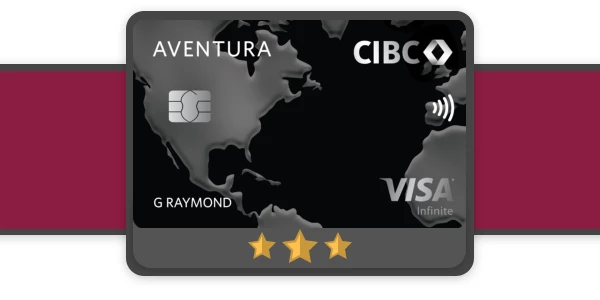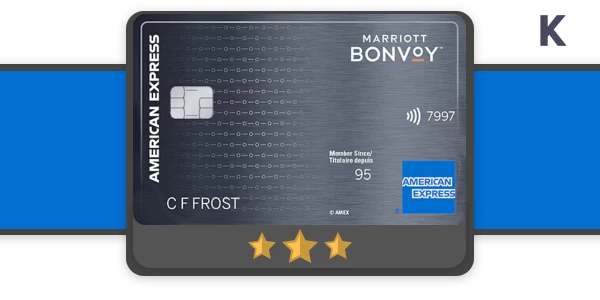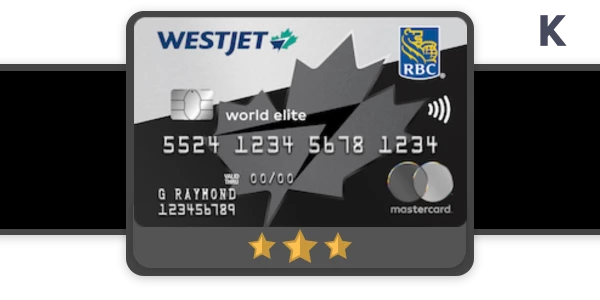Purchasing a home is a significant milestone for many Canadians. However, getting approved for a mortgage can seem like a daunting process. Understanding the key factors that lenders consider and preparing accordingly can make the process smoother and increase your chances of approval. This guide will walk you through the essentials of qualifying for a mortgage in Canada, including mortgage rates, types of mortgages, and specific considerations for halal mortgages.
Understanding Mortgage Rates in Canada
Mortgage rates are a critical factor in determining your monthly payments and overall cost of your loan. In Canada, mortgage rates can be broadly categorized into two types: fixed and variable rates.
- Fixed-Rate Mortgages: With a fixed-rate mortgage, the interest rate remains constant for the term of the mortgage, which can range from one to ten years. This type of mortgage provides stability and predictability in your monthly payments.
- Variable-Rate Mortgages: The interest rate on a variable-rate mortgage fluctuates with the lender’s prime rate, which is influenced by the Bank of Canada’s interest rate changes. While variable rates can be lower than fixed rates initially, they come with the risk of increasing rates over time.
Mortgage rates are influenced by several factors, including the Bank of Canada’s policy rate, economic conditions, and the borrower’s creditworthiness. It’s essential to shop around and compare rates from different lenders to find the best deal.
Types of Mortgages in Canada
There are several types of mortgages available in Canada, each catering to different needs and financial situations. Here are the most common types:
- Conventional Mortgages: A conventional mortgage requires a down payment of at least 20% of the home’s purchase price. This type of mortgage does not require mortgage default insurance.
- High-Ratio Mortgages: If your down payment is less than 20%, you’ll need a high-ratio mortgage, which requires mortgage default insurance. This insurance protects the lender in case you default on your loan.
- Open Mortgages: An open mortgage offers flexibility, allowing you to make extra payments or pay off the mortgage entirely without penalty. These mortgages typically have higher interest rates than closed mortgages.
- Closed Mortgages: A closed mortgage has a set term and restricts the amount of extra payments you can make. Breaking the terms of a closed mortgage usually incurs a penalty. However, they often come with lower interest rates compared to open mortgages.
- Halal Mortgages: For Muslims seeking to comply with Islamic principles, halal mortgages are available. These mortgages avoid charging interest, which is prohibited in Islam. Instead, they use structures such as Murabaha (cost-plus financing) or Ijara (leasing agreement).
Key Factors in Mortgage Approval
Lenders consider several factors when assessing your mortgage application. Understanding these factors can help you prepare and improve your chances of approval.
- Credit Score: Your credit score is a crucial factor in determining your eligibility for a mortgage. A high credit score indicates good financial management and reduces the lender’s risk. Aim for a credit score of 680 or higher to qualify for the best rates.
- Income and Employment History: Lenders want to ensure you have a stable income to make your mortgage payments. They will look at your employment history, income level, and job stability. Having a steady job for at least two years can positively impact your application.
- Debt-to-Income Ratio: Your debt-to-income (DTI) ratio is the percentage of your gross monthly income that goes toward debt payments. Lenders prefer a DTI ratio of 35% or lower for housing costs (including mortgage payments, property taxes, and insurance) and 42% or lower for total debt payments.
- Down Payment: The size of your down payment affects the type of mortgage you can get and whether you need mortgage insurance. A larger down payment reduces the lender’s risk and can help you secure better terms.
- Property Value and Condition: The property you intend to buy serves as collateral for the mortgage. Lenders will appraise the property to ensure it’s worth the loan amount and is in good condition.
Steps to Qualify for a Mortgage in Canada
- Check Your Credit Report: Obtain a copy of your credit report from major credit bureaus (Equifax and TransUnion) and review it for errors. Correct any inaccuracies to improve your credit score.
- Save for a Down Payment: Aim to save at least 20% of the home’s purchase price to avoid mortgage default insurance. However, some lenders offer high-ratio mortgages with lower down payments.
- Reduce Debt: Lowering your existing debt can improve your DTI ratio and increase your chances of approval. Focus on paying off high-interest debt first.
- Get Pre-Approved: A mortgage pre-approval gives you an idea of how much you can borrow and shows sellers that you’re a serious buyer. It also locks in your interest rate for a certain period.
- Gather Documentation: Prepare the necessary documents, including proof of income (pay stubs, tax returns), proof of assets (bank statements), and identification.
- Choose the Right Mortgage Type: Consider your financial situation and long-term goals when selecting a mortgage type. Consult with a mortgage broker or financial advisor to explore your options.
- Submit Your Application: Once you’ve chosen a lender, submit your mortgage application along with the required documentation. The lender will review your application and conduct a property appraisal.
- Close the Deal: If your application is approved, you’ll receive a mortgage commitment letter outlining the terms and conditions. Review it carefully before signing. The final step is closing the deal, which involves signing the mortgage agreement and transferring ownership of the property.
Conclusion
Qualifying for a mortgage in Canada requires careful planning and preparation. By understanding mortgage rates, types of mortgages, and the key factors lenders consider, you can improve your chances of approval. Whether you’re opting for a conventional mortgage, a high-ratio mortgage, or a halal mortgage, the steps outlined in this guide will help you navigate the process with confidence. Remember to consult with a financial advisor or mortgage broker to ensure you’re making the best decisions for your financial future.
I have 13 years of experience in customer service at one of Brazil’s largest banks, including 5 years as a general branch manager. I am a specialist in banking products and services with a proven track record in team leadership and business development. I am also a holder of Brazilian certifications CPA-10 and CPA-20.



